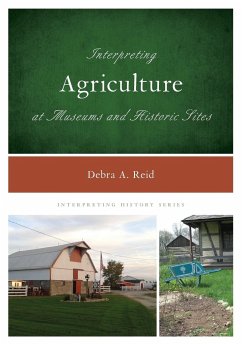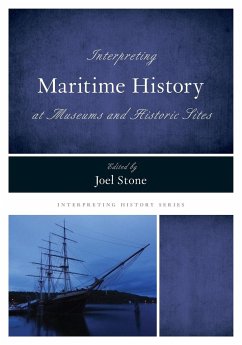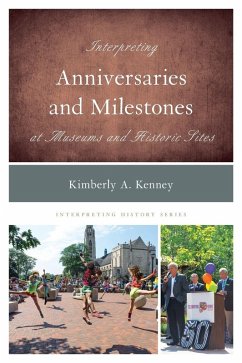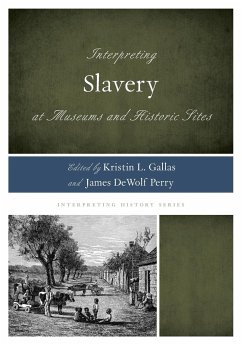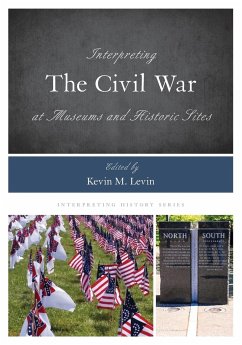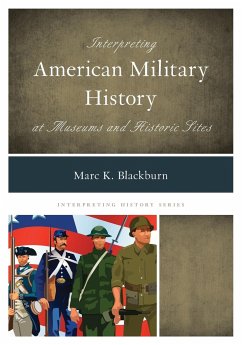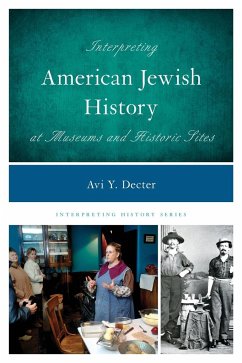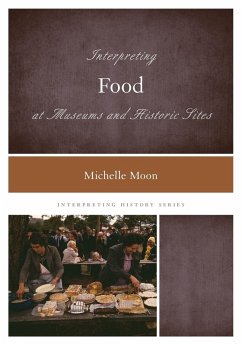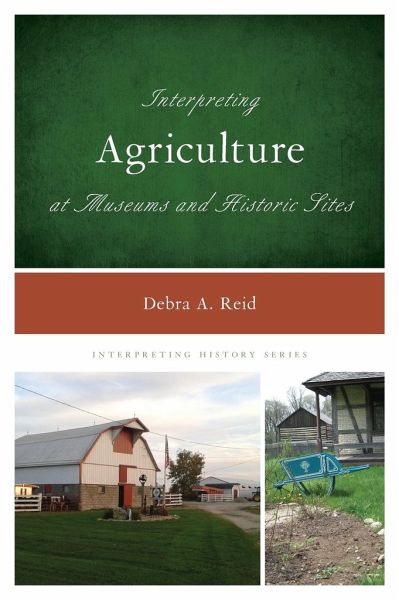
Interpreting Agriculture at Museums and Historic Sites
Versandkostenfrei!
Versandfertig in 1-2 Wochen
107,99 €
inkl. MwSt.
Weitere Ausgaben:

PAYBACK Punkte
54 °P sammeln!
Why should our museum accept and exhibit that tractor? Why do we need to keep those old seed samples or those plows? No one cares about farming anymore. Interpreting Agriculture in Museums and Historic Sites orients readers to major themes in agriculture and techniques in education and interpretation that can help you develop humanities-based public programming that enhance agricultural literacy. Case studies illustrate the ways that local research can help you link your history organization to compelling national (even international) stories on topics relevant to public needs and interests.





